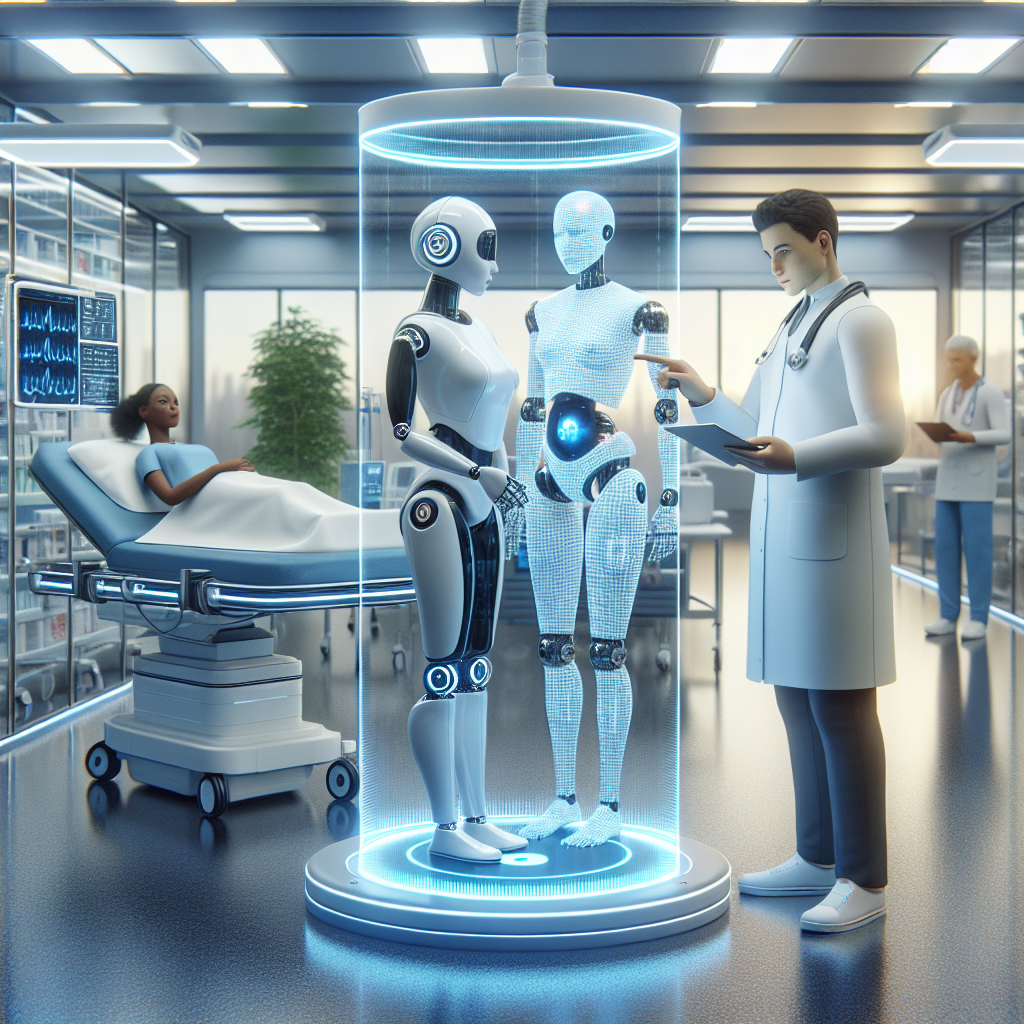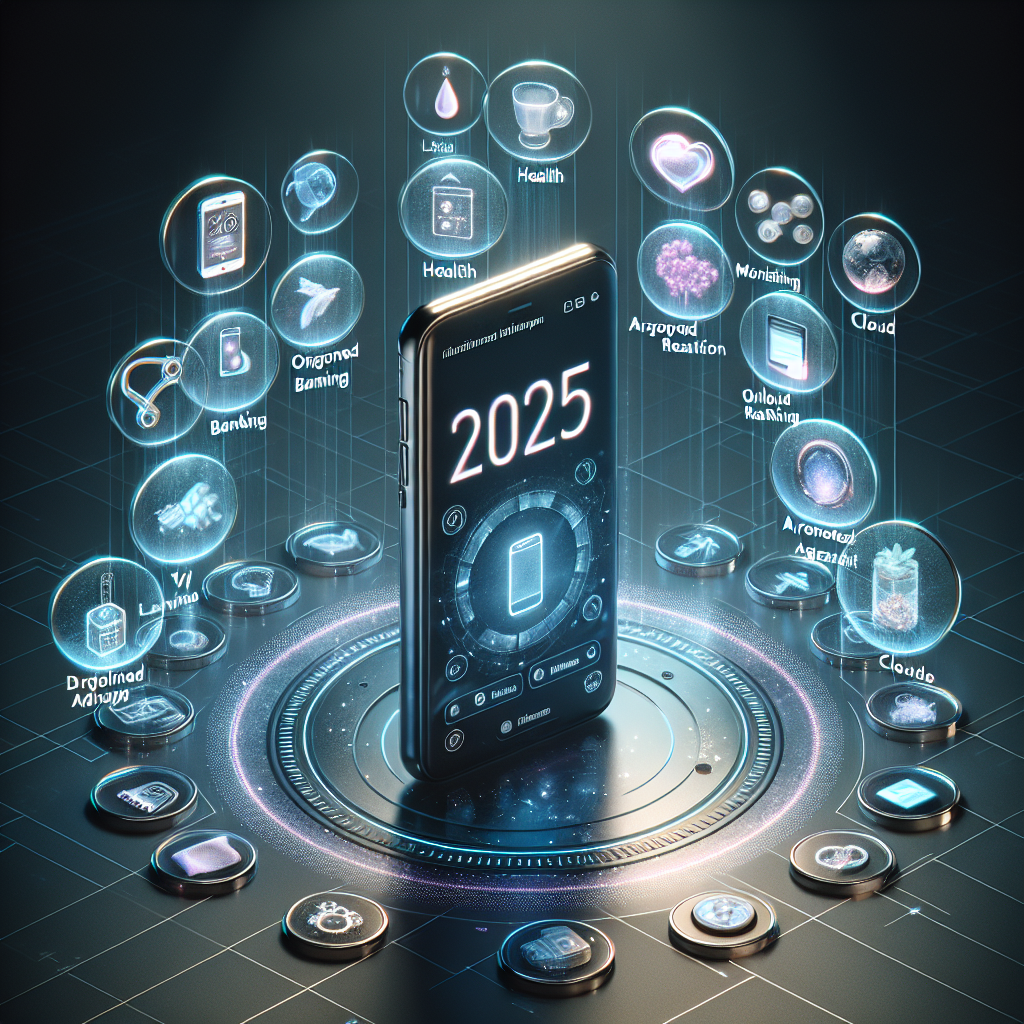How AI is Reshaping the Job Market
Artificial Intelligence is no longer a futuristic concept—it’s integrated into many industries today, transforming how work is done. This rapid advancement sparks a crucial question for millions: will AI take your job or make it better? The reality is complex. AI jobs create new opportunities while automating some routine tasks. Understanding this balance helps individuals and businesses navigate the evolving employment landscape.
AI is not purely a job killer; it is a tool that changes job roles and skill requirements. According to a World Economic Forum report, AI will displace certain jobs but also generate millions of new roles by 2025. The key is how workers adapt and how organizations leverage AI technologies.
What Types of Jobs Are Most Affected by AI?
AI impacts different job sectors in varying degrees. Recognizing which roles face automation risk or enhancement is essential for career planning.
Jobs at High Risk of Automation
Roles involving repetitive, predictable tasks are most susceptible. Examples include:
– Data entry clerks
– Telemarketers
– Routine manufacturing jobs
– Basic customer service
These positions can be replaced by AI-driven software, robotic process automation, or chatbots.
Jobs Enhanced by AI
Many AI jobs complement human work by handling mundane workflows, freeing employees to focus on creativity and strategy. These include:
– Healthcare professionals using AI to analyze medical images
– Financial analysts leveraging predictive algorithms
– Marketing teams utilizing AI for data-driven campaigns
– Software developers integrating AI tools
Rather than replacing these roles, AI augments productivity and decision-making.
How AI Jobs Create New Opportunities
While AI automates some functions, it also opens doors to fresh career paths. Here’s how AI generates job growth:
Emergence of AI Specialists
Developing, implementing, and maintaining AI systems requires specialized skills. New roles include:
– Machine learning engineers
– Data scientists
– AI ethics specialists
– Robotics technicians
Demand for these experts grows as companies invest in AI transformation.
Cross-Disciplinary Roles
AI’s adoption leads to hybrid jobs that combine domain knowledge with technical skills. Examples:
– Healthcare data analysts translating clinical data into AI insights
– Marketing analysts interpreting AI-generated consumer trends
– Educators designing AI-assisted learning programs
This fusion boosts innovation and creates value-added careers.
Strategies for Thriving in the Age of AI Jobs
Adapting to AI’s impact on employment requires proactive approaches. Here are effective strategies to future-proof your career:
Upskill and Reskill Regularly
Lifelong learning is crucial. Focus on both technical and soft skills:
– Learn programming basics (Python, R)
– Understand AI fundamentals and applications
– Enhance problem-solving and critical thinking
– Develop emotional intelligence and creativity
Online platforms like Coursera and edX offer accessible courses tailored for AI literacy.
Embrace Collaboration with AI
Rather than fearing replacement, learn how to work alongside AI tools:
– Use AI for data analysis to inform decisions
– Automate repetitive tasks to increase focus on complex work
– Combine human intuition with AI insights for better outcomes
This mindset shifts the narrative from jobs lost to jobs enhanced.
Real-World Examples of AI Improving Jobs
Observing AI in action illustrates its potential to better work life:
Healthcare Sector
AI assists in diagnosing diseases faster, predicting patient risks, and personalizing treatments. Doctors use AI-driven tools to analyze images with greater accuracy, improving patient outcomes and reducing workload.
Creative Industries
AI tools help designers generate prototypes quickly, writers with content suggestions, and musicians with composition aids. These technologies inspire creativity rather than replace artists.
Manufacturing and Logistics
Robots perform repetitive assembly-line tasks, while AI optimizes inventory management, leading to higher efficiency and safer workplaces.
Addressing Concerns About AI and Employment
AI’s rise also brings worries about job security and inequality. Tackling these requires thoughtful policies and mindset shifts.
Ethical AI Deployment
Transparent AI systems that include fairness and accountability measures help protect workers. Incorporating ethical guidelines reduces bias and misuse that could harm employment opportunities.
Economic and Social Safety Nets
Governments and organizations should invest in retraining programs, unemployment benefits, and support for affected workers. Encouraging entrepreneurship and gig economy roles can also provide alternative income sources.
Wrapping Up Your AI Job Journey
AI jobs represent both challenges and exciting possibilities. The extent to which AI takes your job or makes it better depends on flexibility, skill development, and willingness to collaborate with emerging technologies. By embracing AI as a partner rather than a rival, professionals can unlock new career horizons.
Start evaluating your skill set today and explore AI learning resources around you. For personalized guidance on adapting to AI-driven employment trends, don’t hesitate to reach out at khmuhtadin.com. Equip yourself with knowledge and stay ahead in the world of AI jobs.









